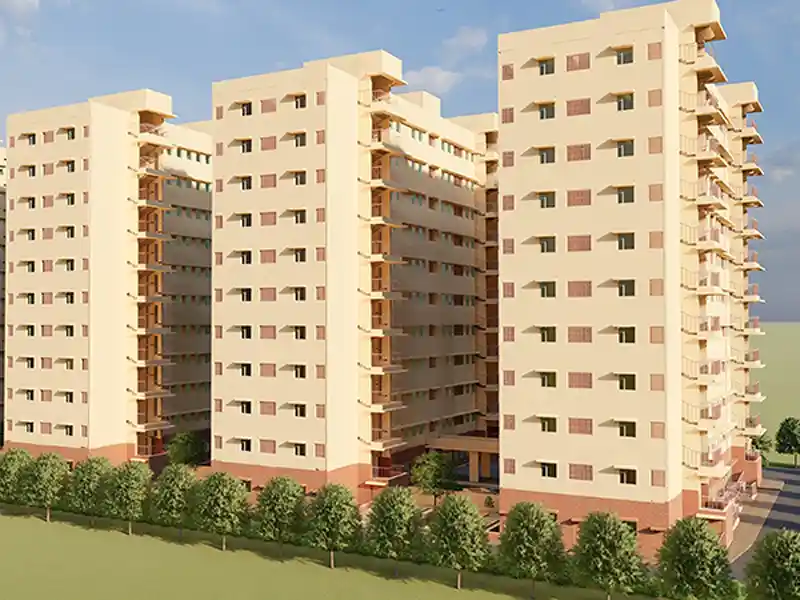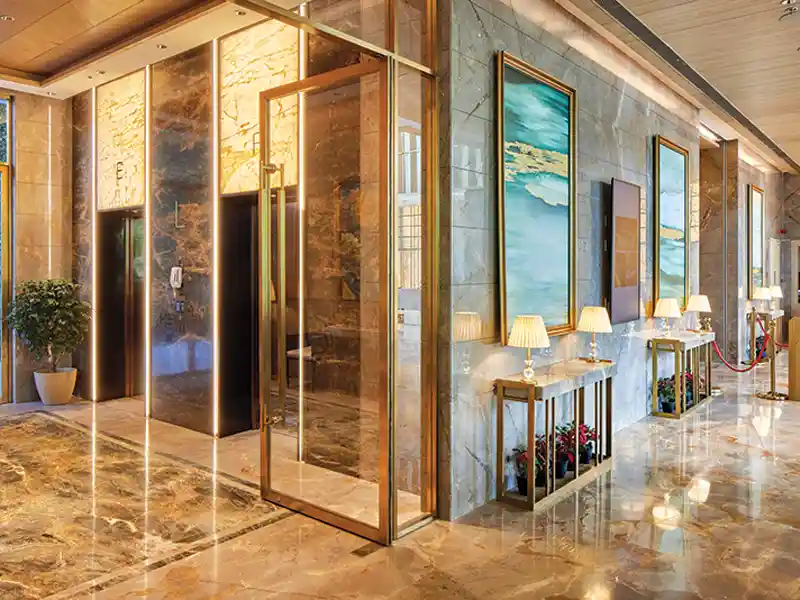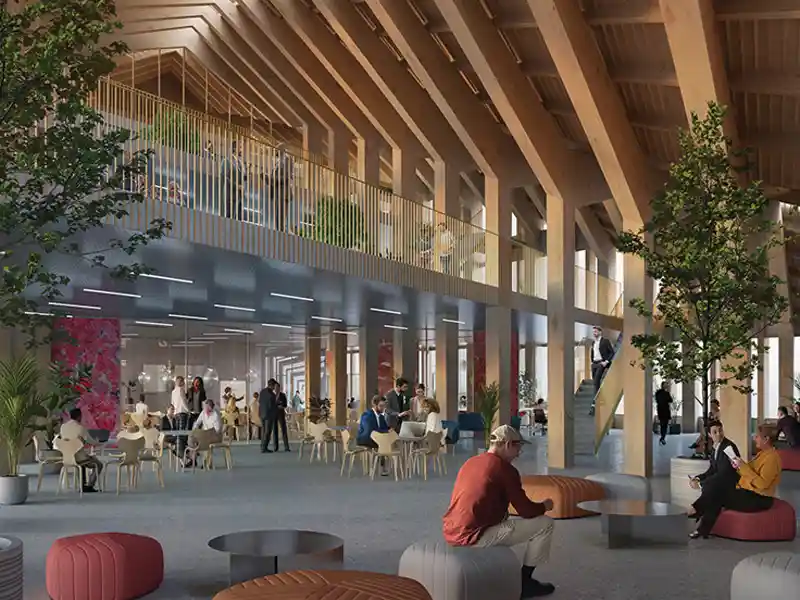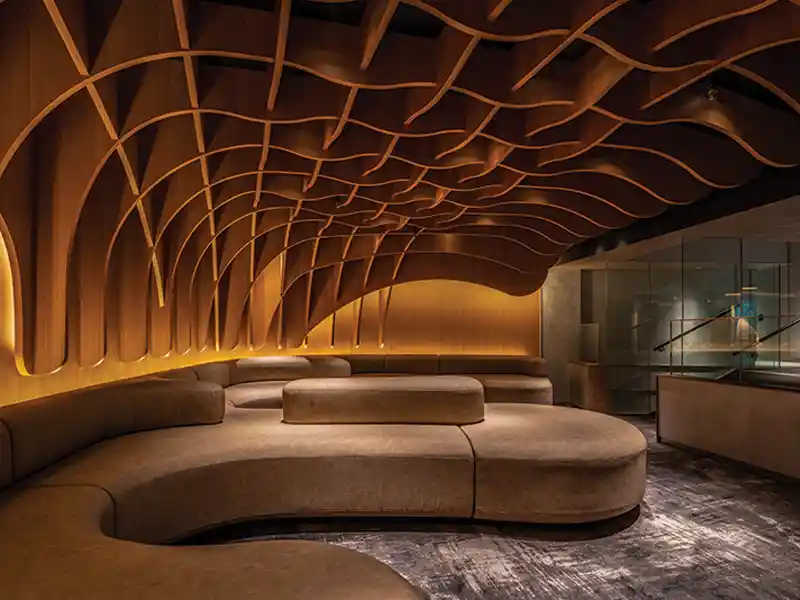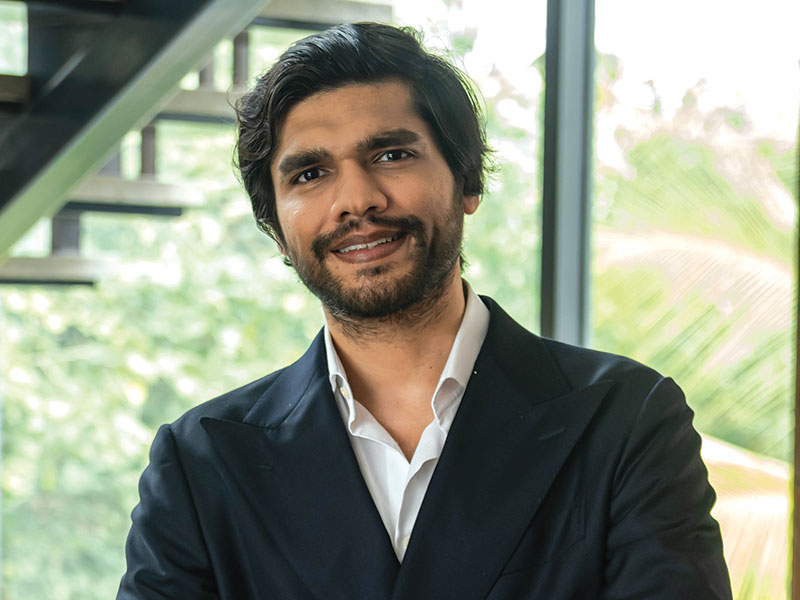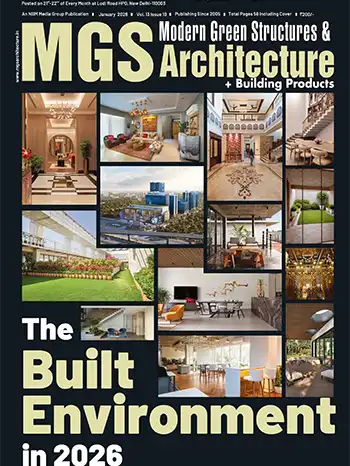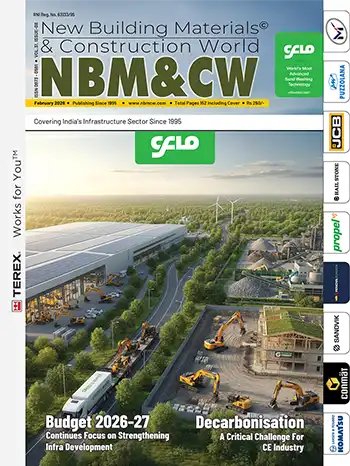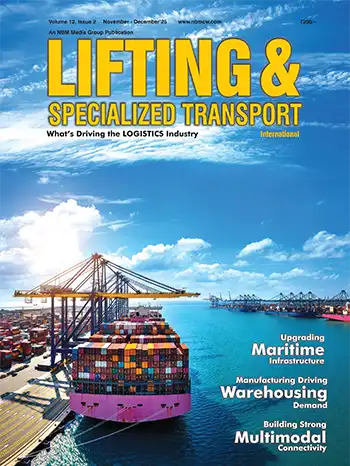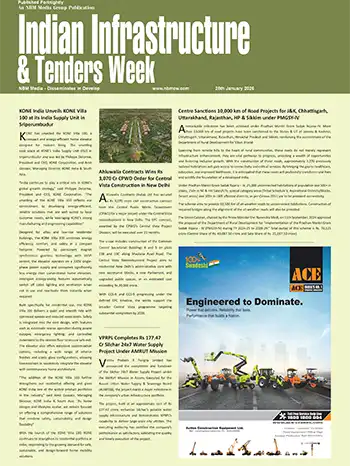Reducing material wastage is not just a cost consideration but a responsibility toward resource conservation and environmental stewardship.
Dr. Niranjan Hiranandani - Founder & Chairman, Hiranandani Group
By incorporating resource-efficient construction practices and eco-friendly materials, we continue to shape urban landscapes that prioritize both people and the planet. We adopt a meticulous approach, starting with precision planning. Our projects primarily utilize modular Aluminium formwork, allowing us to accurately estimate concrete and reinforcement steel requirements, minimizing excess usage. In procurement, we follow a phased strategy, initially ordering 80% of estimated materials and recalibrating needs as the project nears completion to prevent over ordering.
For effective waste management, we ensure strict segregation of materials like concrete, tiles, and steel, facilitating their optimal reuse and recycling. Concrete waste is repurposed for backfilling, while scrap reinforcement steel is directed to approved recyclers. Regular training and awareness programs equip our workforce with best practices in material handling and waste reduction at the source.

Sustainability is a continuous process at our projects. We have been incorporating fly ash in concrete for over two decades and plaster for the past eight years, to significantly reduce our carbon footprint.
Hiranandani Gardens in Powai is one of our most notable achievements in sustainable development. The township, conceived as a self-sufficient and holistic community, sets a benchmark in green urban planning with its expansive green spaces, including the Nirvana Park, tree-lined avenues, and landscapes that contribute to better air quality, urban cooling, and enhanced biodiversity.
The township is equipped with rainwater harvesting systems and water recycling plants, significantly reducing reliance on municipal water supply. Low flow plumbing fixtures are installed to optimize water consumption. The buildings are designed to maximize natural ventilation and daylight. Solar panels and energy-efficient lighting solutions have been integrated to further minimize the township’s carbon footprint.
These measures not only enhance operational efficiency but also contribute to a greener, more responsible real estate ecosystem. Hiranandani Gardens, Powai, stands as a testament to the fact that sustainable development and urban luxury can co-exist.


